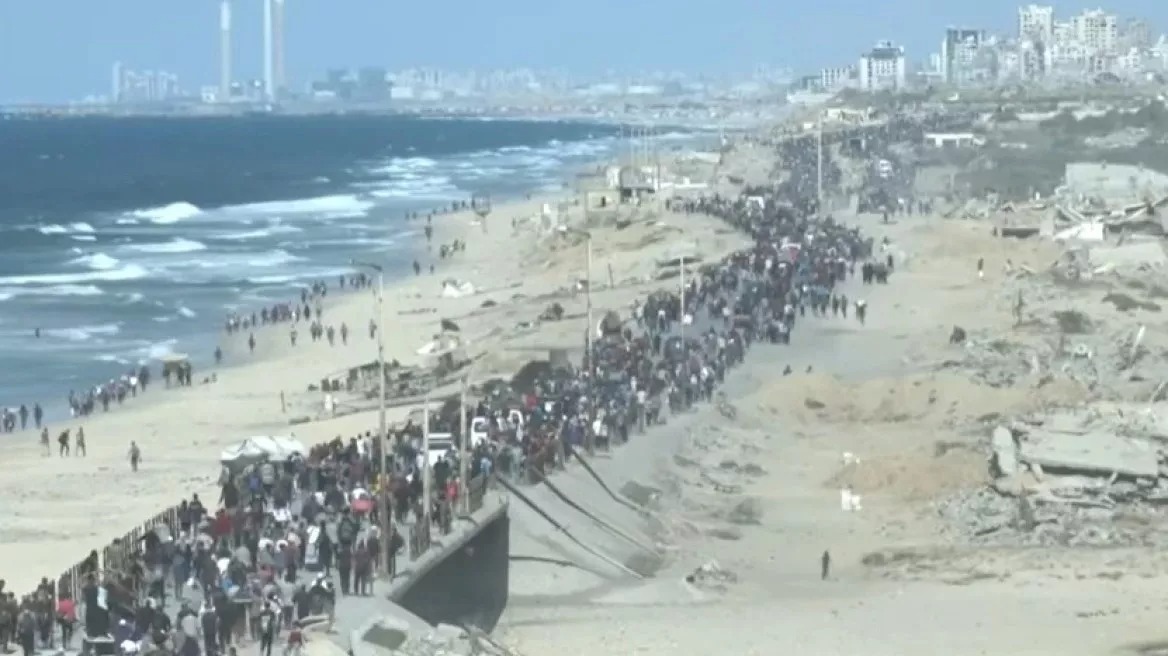Commissioner Kadis accused of siding with industrial lobby over Europe’s small-scale fishe
Source: in-cyprus.com
Fishing groups, scientists and citizens have urged the European commissioner for fisheries to commit to phasing out bottom trawling in marine protected areas, warning that his case-by-case approach risks prolonging decades of inaction.
In an open letter to Commissioner Costas Kadis dated 13 October, the coalition Protect Our Catch said the EU must include legally binding targets in its forthcoming Ocean Act to end destructive fishing in marine protected areas.
The letter follows Kadis’s recent remarks at the European Parliament’s fisheries committee, where he said he was “not in favour of one size fits all” and that management plans should identify which activities are compatible with conservation objectives in each marine protected area.
“If bottom trawling is compatible, it can continue. If not, it should be stopped. I could not imagine a Natura 2000 area, where the seabed is of high value and vulnerable, having a management plan that would allow bottom trawling,” Kadis said.
Case-by-case approach risks decades more inaction, letter warns
The coalition said Kadis’s own remarks acknowledged that bottom trawling should not occur in Natura 2000 sites that protect valuable and vulnerable seabeds, yet this has been the case for three decades.
“Your insistence that one size does not fit all leaves the door wide open for the status quo to continue. This case by case approach that you describe is not protection; it risks prolonging decades of inaction by sidestepping the precautionary and preventative principle enshrined in the Lisbon Treaty, indulging member state inertia instead of ensuring coordinated EU leadership,” the letter said.
The groups said a case-by-case approach for 5,000 EU marine protected areas creates disproportionate administrative burden, whereas phasing out bottom trawling in all protected areas under the Habitats Directive would align with the EU’s simplification agenda.
They argued this would “replenish fishing grounds through spill-over effects that benefit fisheries”.
Sweden, Greece and Denmark move ahead with trawling restrictions
The letter cited unprecedented momentum this year towards ending bottom trawling in protected areas. Over 250,000 citizens signed petitions, legal complaints were filed, and courts ruled for conservation.
Sweden and Greece have begun banning bottom trawling in their marine protected areas, whilst Denmark banned the practice across 19 per cent of its waters, the groups said.
The EU Ocean Pact consultation received submissions calling for a ban on bottom trawling, they added.
Small-scale fishers provide more jobs with less impact, groups say
The coalition asked whose voices the Commission would prioritise: “EU citizens, 73 per cent of whom support a ban? The 76 per cent of the EU fleet who are small-scale fishers, providing more jobs with less impact? Or the industrial lobby, whose ‘case by case’ arguments risk echoing in your speeches?”
The groups said the Habitats Directive provides for individual assessments of an activity’s impact on a protected area, but such assessments must be carried out before any activity with likely significant effects can be authorised.
“Consistent with the precautionary principle, the starting position is therefore that bottom trawling in Natura 2000 marine protected areas is unlawful – unless an individual assessment can prove that there is no reasonable scientific doubt as to the absence of adverse effects,” they said.
The letter concluded that the issue was “not just about biodiversity, nature protection and climate resilience; it is about fairness, food security, and the survival of Europe’s coastal communities”.
“History will judge your leadership not on how carefully you calibrated the rhetoric, but by whether you delivered real protection for Europe’s seas and the people who depend on them,” the groups said.
The original article: belongs to in-cyprus.com .



